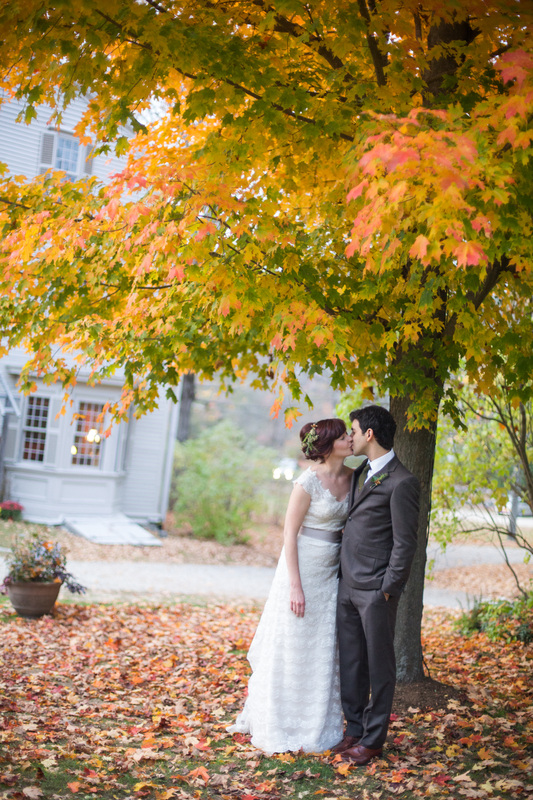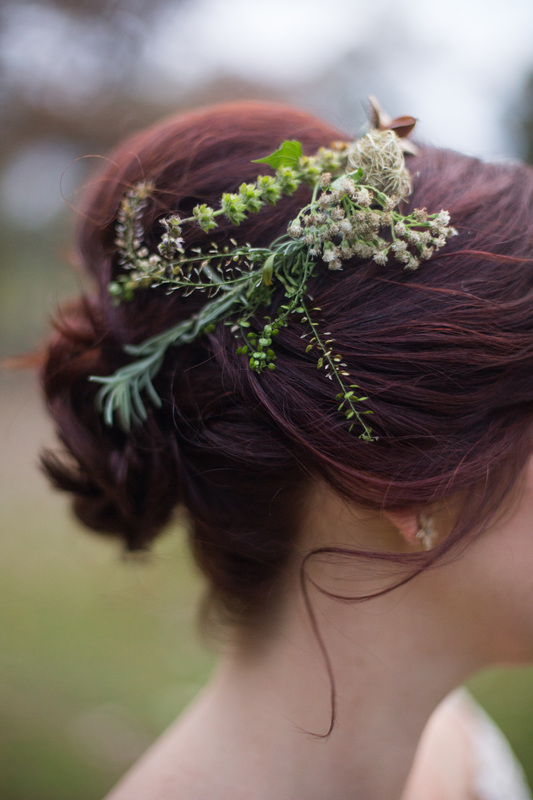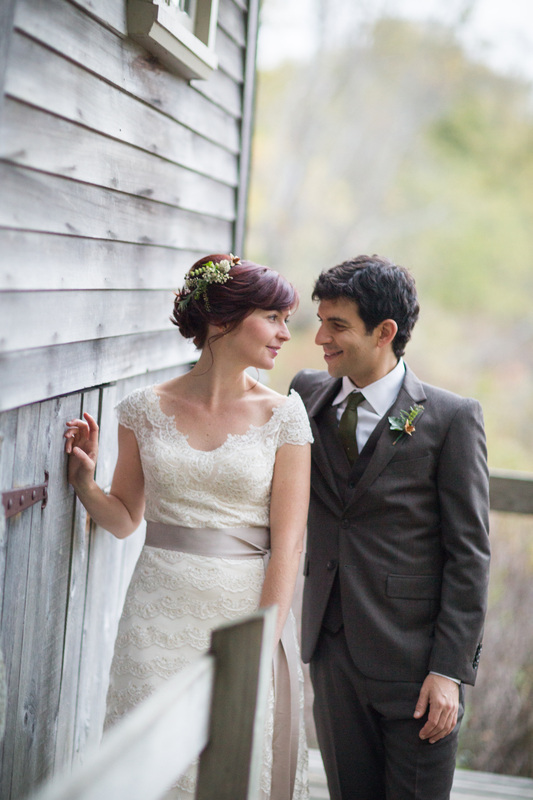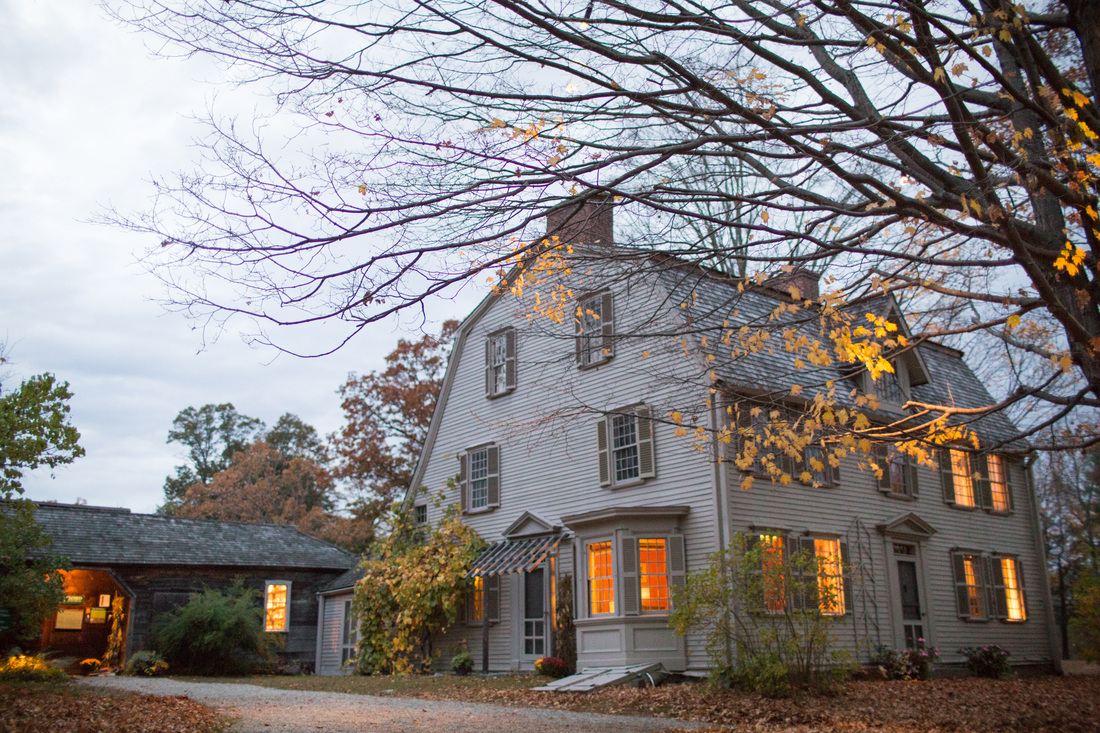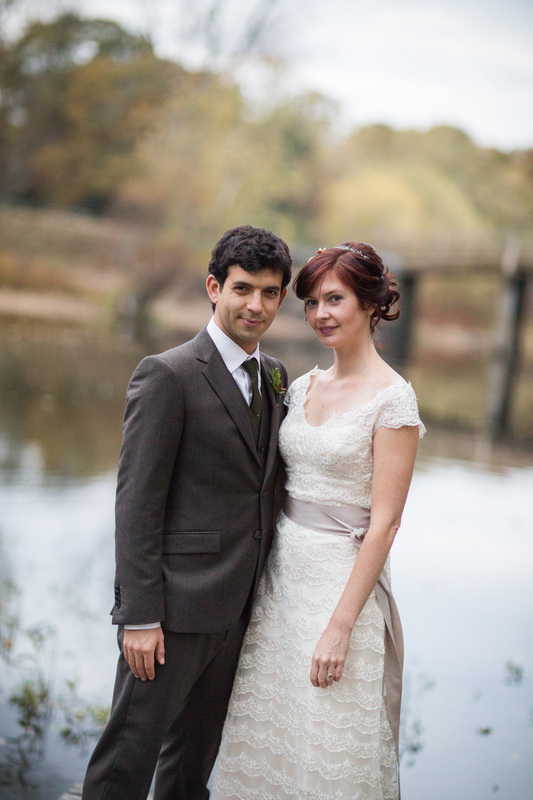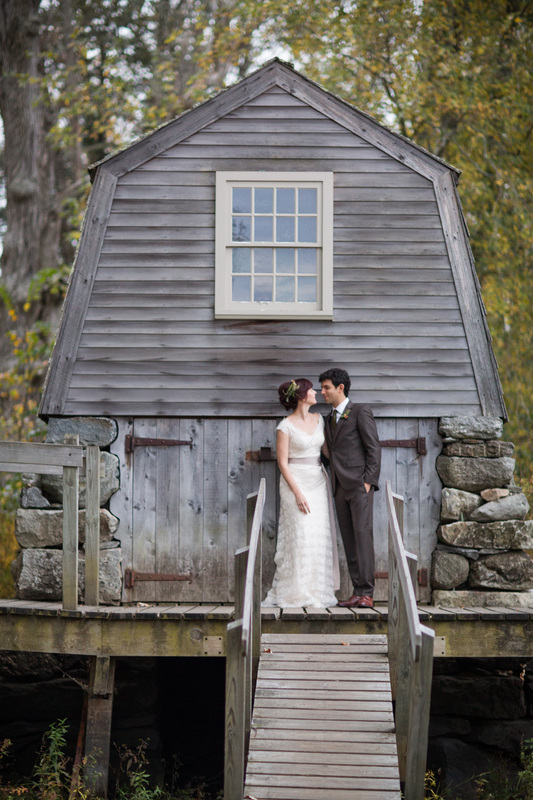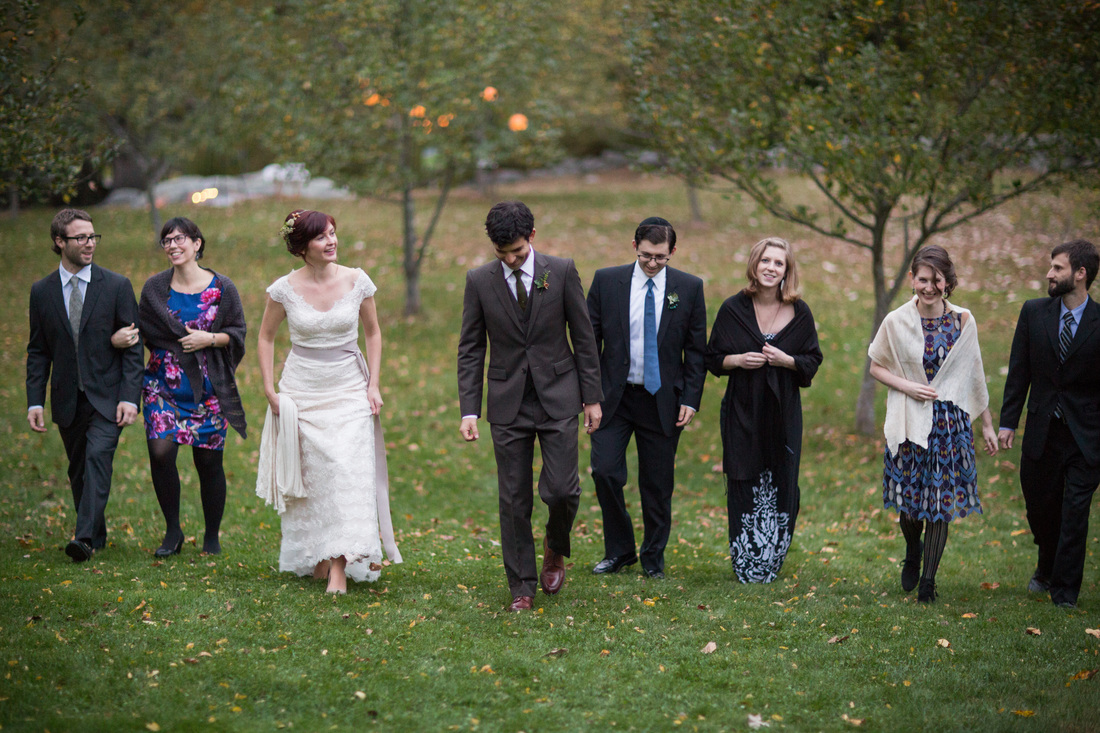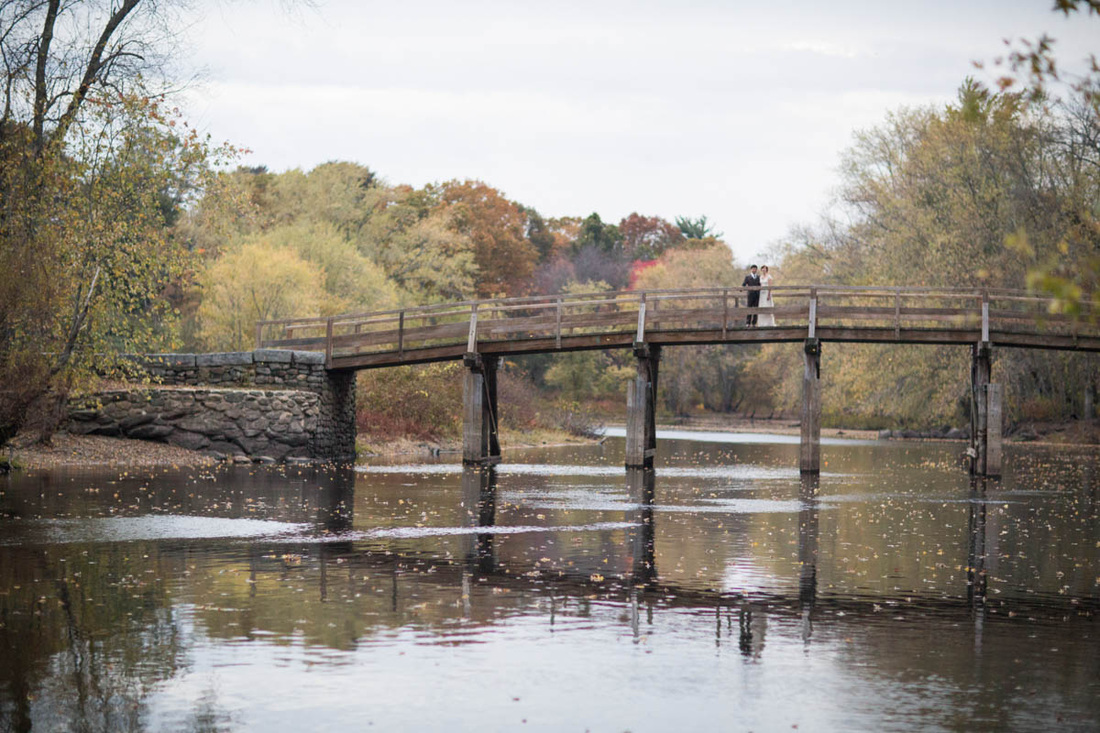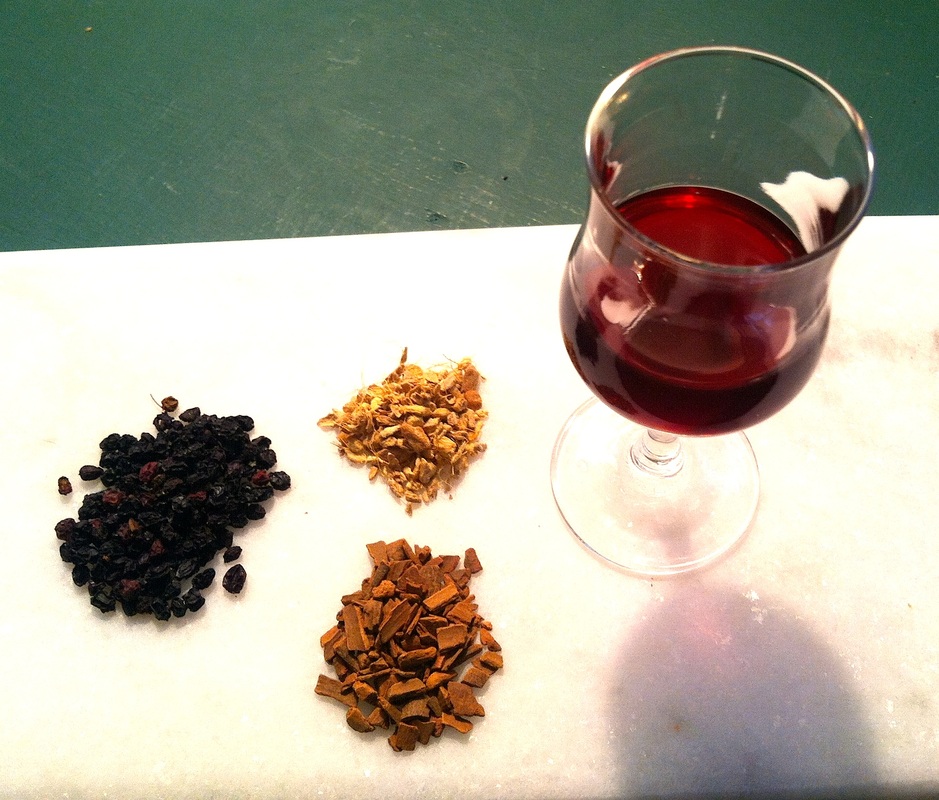|
Usually on this blog I stick to herbal-related topics, but due to a recent momentous occasion I want to share something very personal to me. So, here goes...
Just a few weeks ago, on a beautiful October day, my long-time love, Henry and I got married! After knowing each other for 8 years, we decided to finally make things official. We had a short engagement -- two months long -- and planned a very simple ceremony with just our immediate families present. It was incredibly lovely and just what we wished for. Appropriately, our relationship all started because of plants... We met one fateful day when I first started working at the Harvard Herbarium, where the university's collection of preserved plant specimens are housed. Henry and I worked on the same project together and he soon became one of my closest friends. After he moved on to another job, our friendship evolved into love. (Well, truth be told, it wasn't nearly as simple and smooth as that, but we'll save that story for another day!...) Although neither of us are no longer at the herbarium, plants are still of course a big part of our everyday life... And with the line of work that I am in, herbs have literally taken over our whole household! But Henry is good-natured about the herbs (dried, tinctured and otherwise) that take up every free nook and cranny, and he has certainly earned the title of "honorary herbalist." As my Herbstalk co-founder, he is just as passionate about connecting people with herbs as I am. For our wedding we made sure to incorporate meaningful plants into the day. Part of our ceremony involved drinking from a shared cup of wine, which we infused with hawthorn berries we had gathered together. And I made my bouquet and hair piece with plants from our garden, including rosemary, queen anne's lace, holy basil, mugwort and rosehips. Henry's boutineer included an unusual, but important touch -- a beech nut from the tree under which he proposed. So, here are a few photos from our happy day, made lovelier by the autumn trees, the dusk light, a spell of misting rain, and the warmth of our nearest and dearest. With colder days upon us it is now the official season of making a classic herbal recipe: Elderberry Syrup. I make this every year by the potful and keep several bottles of it in my fridge. Each year I vary the recipe a bit, but the one I share below is one of my favorites.
This syrup is very easy to make, tastes delicious (even to children) and is one of the best things you can do to support your immune system. It is my go-to potion for sniffles, colds, flu, and anytime I am starting to feel run-down in the winter. An herbal syrup might sound complicated, but really it is just a mixture of: a strong herbal tea + a sweetener + brandy Simple Elderberry Syrup 1 cup dried elderberries 1 teaspoon dried ginger root 1 tablespoon dried cinnamon chips 4 cups water 1 cup local honey 1/2 cup brandy 1. Create a strong tea (decoction) by slowly simmering the elderberries and spices in the water. Let the water content reduce by half, which may take an hour or more. Keep an eye on the pot and make sure the water does not evaporate too much - if needed, add another cup of water. 2. Strain and discard the herbs from the liquid. 3. Measure your remaining liquid. If you started with 4 cups of water, you should have 1.5 to 2 cups of liquid left. Add 1 cup of honey. You can adjust the amount to your taste, and preference for consistency. (If you want a thicker, sweeter syrup, add more honey.) 4. After adding the honey, cook on very low heat until just combined, usually just a minute or two. When using honey (especially raw honey) you want to be careful with the amount of heat you use. 5. Remove from the heat and let cool. At this point your syrup can be considered finished, but if you would like extra preservative properties for a longer shelf life, add 1/2 cup brandy. Mix thoroughly. 6. Pour into clean glass bottles, label it with the ingredients and date, and refrigerate. The syrup will keep for several months when preserved with brandy and stored in the fridge. Options: You could also add other spices such as cloves, cardamom or orange peel to this recipe. I also like to add in a small amount of dried rosehips for added Vitamin C content. Use this basic recipe as a starting point and let your creative juices flow! Take 1-2 tablespoons a day for preventative measures and to keep your immune system going strong. This syrup is also delicious added to teas (or hot toddies!), or as a special garnish on desserts. Enjoy! (If you'd like to read more of what I've written about elderberry, please go here for another article.) |
Categories
All
Archives
January 2022
|
